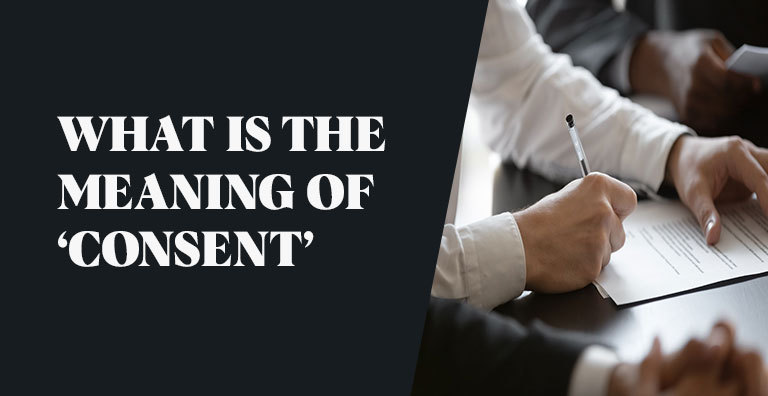Are you or someone you know looking for a criminal law firm that specializes in defending sexual assault offences? Irrespective of gender, anyone can be sexually assaulted or commit sexual assault.
In this post, we discuss what sexual assault and consent mean under Canadian law . We also examine why seeking help from our criminal law firm in Brampton is your best strategy if you are charged with this offence.
Please note that the law here is very complex and nuanced. This post is meant as a
very general overview. There are many exceptions to everything outlined here and consent has to be examined carefully on a case by case basis.
That said, let’s dive right in.
What Is the Meaning of ‘Sexual Assault’?
As per the Criminal Code of Canada, sexual assault is defined as any unwanted sexual act done by one person on another, or sexual activity without one person’s consent or voluntary agreement. It includes attempts and threats of unwanted sexual contact such as unwanted sexual grabbing, kissing, and fondling, as well as rape.
What Is the Meaning of ‘Consent’?

As per Canada’s Criminal Code under section 273.1(1), consent is defined as the voluntary agreement or permitting someone to engage in any sexual activity. Voluntary consent is active, ongoing, and conscious.
- ‘Active’ means a clear “yes” described through words or actions for every sexual act at the time of the activity. Silence and passivity do not count as consent. The people engaging in the activity have to take reasonable steps to confirm each other’s consent.
- ‘Ongoing’ means the person must be capable of giving, refusing, or taking back consent for every sexual act. For example, a person agrees to have a sexual relationship with someone but then changes their mind afterwards. Any unwanted sexual contact after that person takes back consent their is sexual assault.
- ‘Conscious’ indicates a situation where if a person is unconscious or impaired by drugs or alcohol then their consent to sexual contact is not considered legally approved. If a person gives consent out of fear, threats or violence, that consent also does not count.
The law focuses on what the person was actually thinking and feeling at the time of the sexual activity. The sexual contact will be lawful only if the person has affirmatively given their consent through words or conduct. Consent can only be given by the individual; no one else can give consent to sexual activity on your behalf.
Age of Consent to Sexual Activity
The age of consent indicates the age when a young person can legally agree to sexual activity. It includes all forms of sexual activity, ranging from kissing and fondling to sexual intercourse.
As per Canadian law, a person has to be at least 16 years old to be able to legally agree to sexual activity . But there is an exception to this age bar. For example, a 14 or 15-year old can give consent to sexual activity as long as their partner is less than five years older, provided there is no relationship of authority, trust, dependency, or exploitation of the younger person involved.
Sexual offences
The Criminal Code protects all Canadians, including children, from sexual abuse and exploitation. These offences include:
- Aggravated sexual assault
- Sexual assault with a weapon
- Voyeurism
- Non-consensual distribution of intimate images
- Sexual interference
- An invitation to sexual touching
- Sexual exploitation
- Child pornography
- Child sex tourism
How Can Our Criminal Law Firm Help?

Depending on the nature of the assault, the accused may face minor or major penalties, including jail. So, if you or anyone you know is charged with sexual assault and is looking to reduce their jail time, it is essential to get strong legal representation. Sexual assault cases can be both physically and mentally taxing on both parties, so hire an experienced criminal lawyer to make the process easier.

